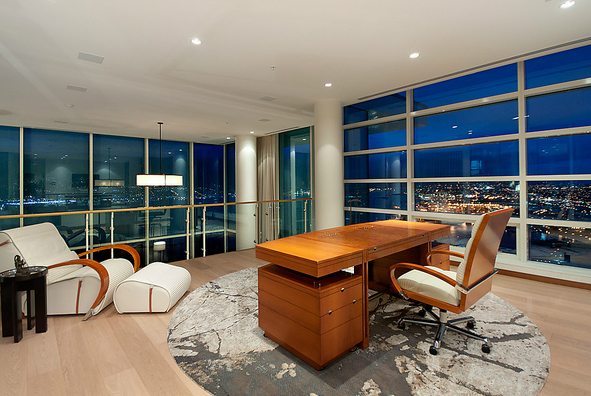As many have heard, Snapchat turned down Facebook’s $3 billion cash offer a couple days ago. In my recent blogpost, I mentioned that it was unreal for someone to buy a condo with $55 million cash, but turning down $3 billion in cash? Outrageous! After calming down, I came across a blogpost, written by Ben Parr, that commented on Snapchat turning down Facebook’s $3 billion bid. I have to admit, I agree with his points regarding why Snapchat was smart to decline the offer.
#1: Since last year, Snapchat has seen an exponential growth in users. It wouldn’t be logical for Evan Spiegel (CEO of Snapchat) to sell his company while they are witnessing immense growth. In next couple months, it wouldn’t be surprising to see Snapchat exceed its current $4 billion valuation.
#2: Snapchat’s founders will be able to make an exorbitant sum of money; regardless of whether they make the sale or not. Thus, if Spiegel sticks with Snapchat, he will have a chance at being the next “great.” If he is able to bring Snapchat to an IPO, he may be considered the next Mark Zuckerberg and have a chance to change the way people communicate, forever.
If Evan Spiegel succeeds, he will leave a lasting legacy behind. As the Joker, in The Dark Knight, famously said: “It’s not about the money…It’s about sending a message.”
References:
http://benparr.com/2013/11/snapchat-and-the-logic-of-turning-down-3-billion/
http://business.financialpost.com/2013/11/13/snapchat-facebook-takeover-rejected/
















Recent Comments